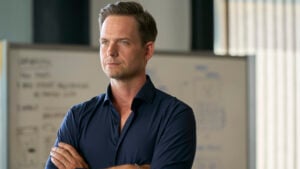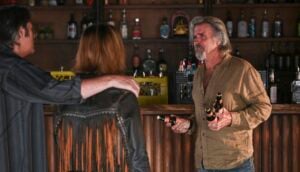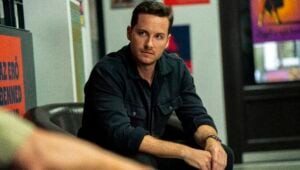A friendship ends in tragedy on Accused Season 2 Episode 3.
In the critically acclaimed hit series Accused, Nick Cannon and Patrick J. Adams play strange bedfellows as polar opposite best friends and business partners at a tech company.
But one scandal causes a friendship built on a rocky foundation to crumble, eventually turning fatal.
We had the privilege of catching up with Accused and Suits star Patrick J. Adams to break down that intense hour.
Check it out below!
Obviously, Accused is just such an incredible project to get into. What attracted you to the script and this role?
Well, first of all, just the series as a whole. It’s such a great platform for actors. It was so clear that it’s a show, production, and team that wants to be a venue for bringing in great actors to work on great material. So the company they keep is so wonderful.
I was honored to be included before I even read the script. I just thought, “That’s an amazing team to work with,” and I’m happy to be counted among all those people.
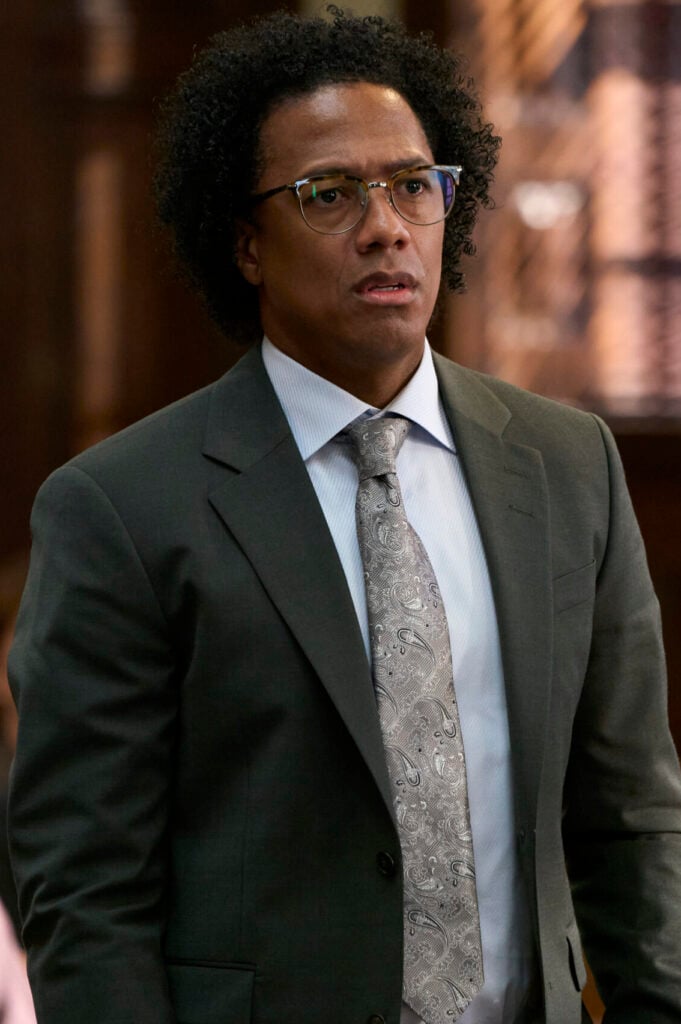
Then I read the script; I don’t get offered parts like Pete very often. Pete’s not the nicest guy. He’s a little dangerous. He’s behaving poorly and not making the best decisions. He’s a little erratic.
I’m often asked to play the safe guy, the dependable guy, the charming guy, and the guy who you can bring home to Mom.
I’m grateful for all the roles I play, but whenever I get to do something a little outside my comfort zone, that’s a good indication that it’s something I should do.
On top of it, Clark Johnson, the director of this episode, is legendary, and I’ve wanted to meet him, let alone work with him, my entire career. So when I saw he was directing it, the script, and the people making it, it was a no-brainer.
It’s such a collaborative experience. That’s really amazing.
It was shot in Toronto, and it was meant to be because we spend our summers in Ontario, Canada. I was there with my family, and it was just perfect timing.
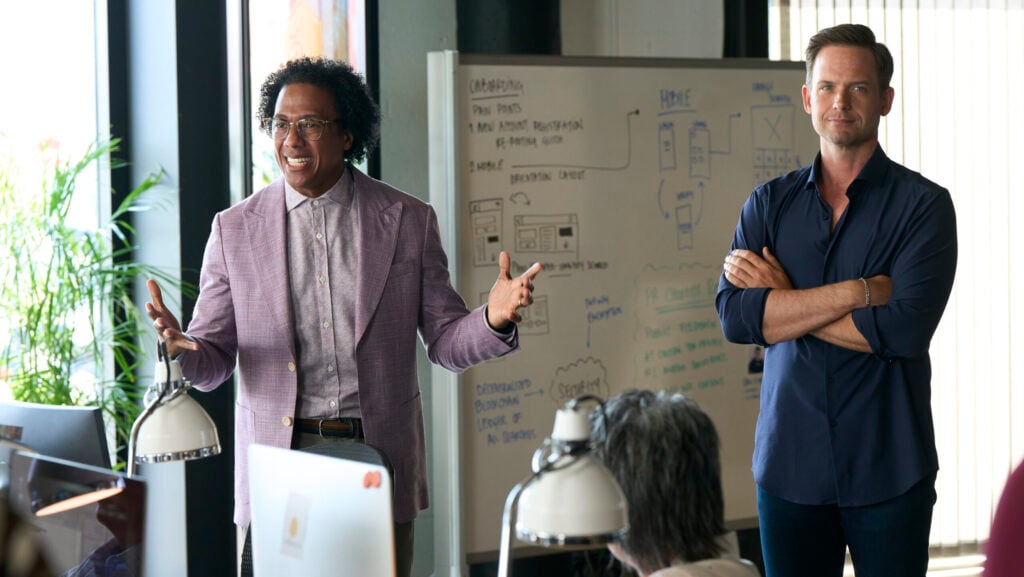
Accused is a very timely series, and this episode, of course, is no exception. But what were your thoughts on how they tackled so many issues in a very nuanced way?
We had AI, facial recognition, ethics in tech, racial profiling, and police brutality—there was a lot.
Yeah. Anything dealing with AI right now, the opportunities and the dangers are profound.
Obviously, we’re dealing with a police story in this, too, and an interaction with the police going wrong, and that’s an important subject for us all to consider. The overlap of technology and policing is really ripe for discussion in an important place.
You know, there could be a lot of good done with this and a lot of dangerous wrongs that could happen.
Not surprisingly, it’s great writing and a finger really on the pulse, and then this amazing team kind of brought it to life. It really was an amazing team from the top down.
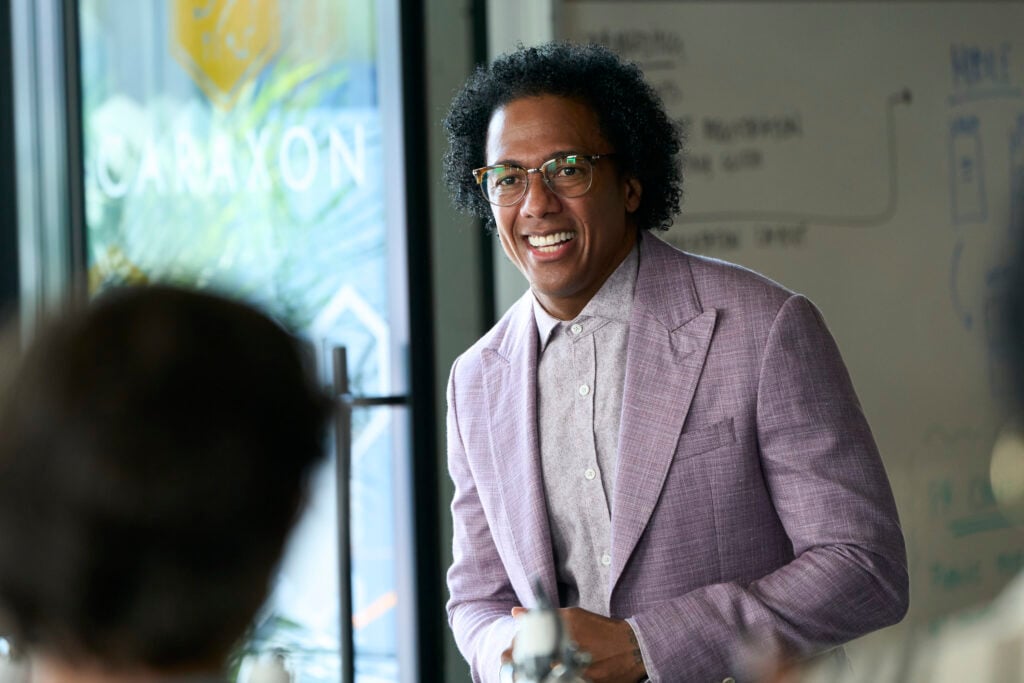
It’s hard. It’s hard to pull off a show where you’ve got a brand-new cast every week.
Part of the joy of being on a television series is you get to know each other better, learn each other’s rhythms, and so you get a show like Suits where you get its family, and it’s very easy, and you all know each other this show every single week.
Here, this whole team is brand new, right?
So, all these makeup artists and the wardrobe department—everybody has to get to know this new team. These actors come in and have to get comfortable with everybody, and they just did a phenomenal job of making everyone feel so welcome.
It’s really hard to create a production where people can just drop in and do good work right away, and that was the gift of this set for sure.
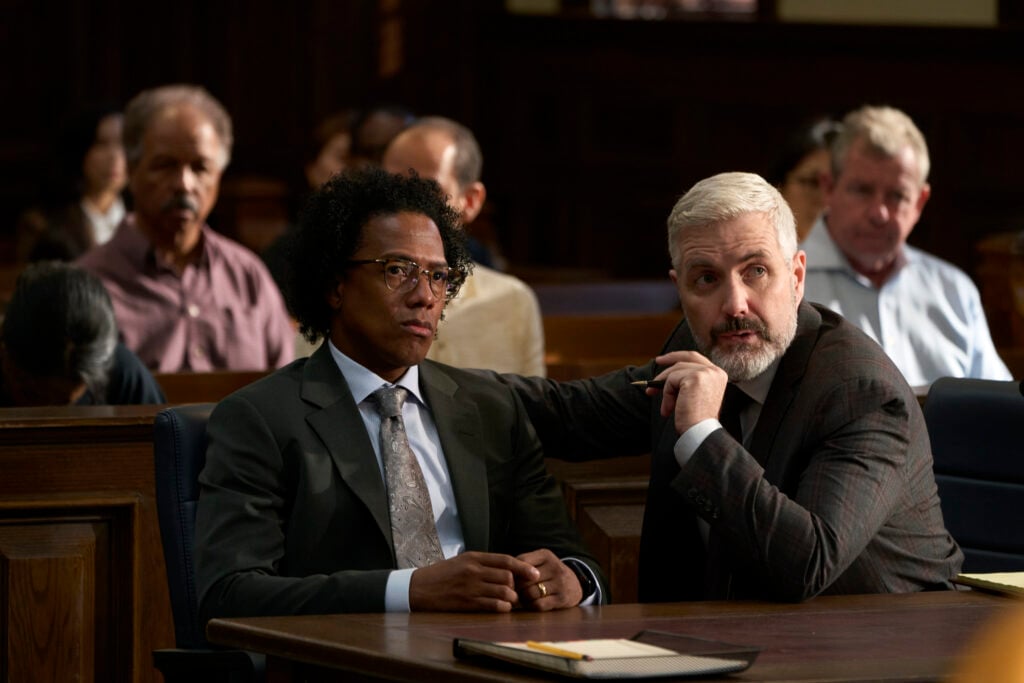
I was just going to inquire about that. This type of filming must feel like a mini-movie. You have a lot of character-building and such to cram into one episode. How different is that from serialized work?
Yeah, it’s just like a runway. You have no idea. I often think sometimes, as actors, our job is to reduce the time it takes to get comfortable in a situation where most people would.
So, all those first-day nerves and getting to know someone — in a normal show, maybe you got a couple of episodes to work it out. You can relax and find your groove by episode two, three, four…
But here, you have to find your groove on day one. You get a few takes of “What is this guy doing? What am I saying?” But I shot maybe four or five days on this, so that’s not a lot of time.
On day one, you’re shooting important scenes. You have to get to know each other. Nick obviously is amazing and was easy to work with and excited to do the same thing, and we got comfortable with each other as fast as possible because we had to be best friends.
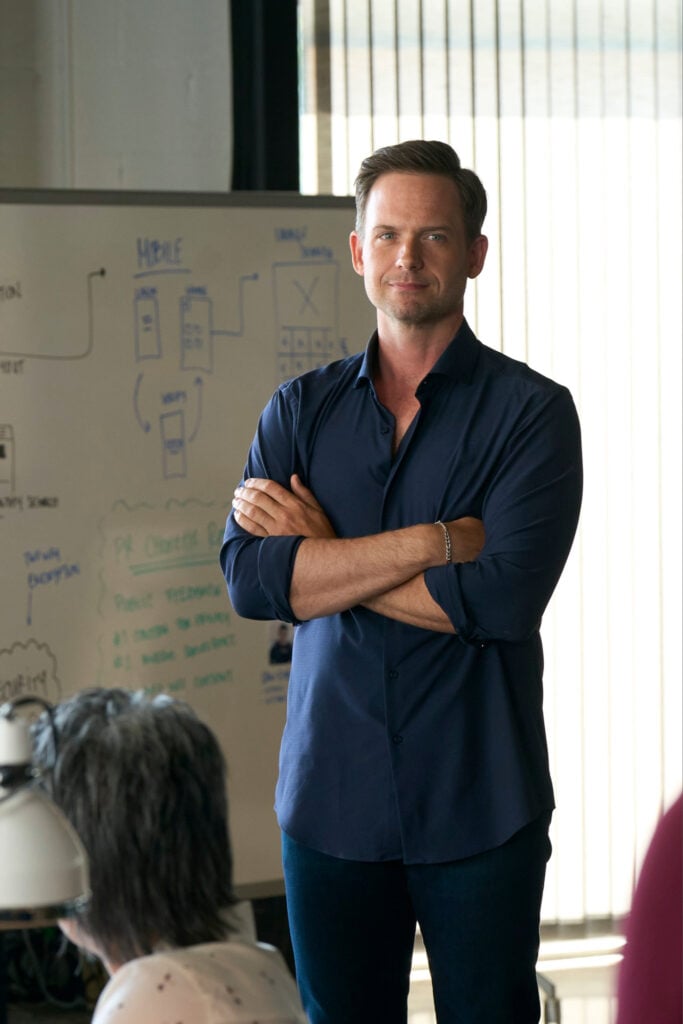
Sometimes, that’s the fun of acting: when you have a good group of people. If it’s a tough group of people, it’s hard if somebody doesn’t want to connect. I’ve been on sets like that before, but this was the opposite.
I found Pete’s and Marcus’s dynamic fascinating. They were on opposite ends of the moral spectrum. Can you speak about that dynamic?
It’s fun to play. When I first read it, I was like, “What makes these guys friends?” because they seem so different.
Then we got on set, and I met Nick [Cannon]. We started playing it, and I realized I’d had friends like this. I’ve had friends where you’ve known each other for so long and been through the trenches for so long that you don’t realize how different you are and how much you’ve changed.
You’re much more forgiving. You’ll look the other way when you shouldn’t. That is the beating heart of this relationship between the two of them.
They have so much history and have built this crazy company. It’s so successful. So now their financial well-being is totally tied together.
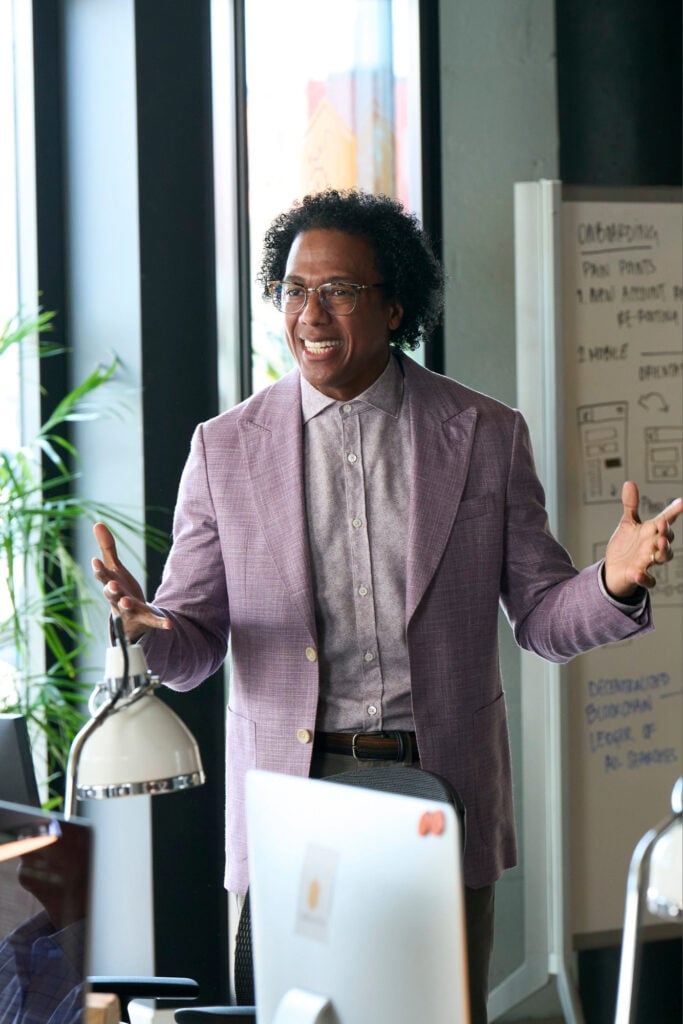
They’re like a knot that’s hard to undo, and it takes something mysterious and historic that’s happened with the software that they’ve built to start untying it.
It’s a really interesting exploration of how we can make and stay friends with people, maybe a little longer than we should or not call them out on what they need to be called out on as early as we should.
I appreciated the nuance in their dynamic.
Pete is Pete, and Marcus calls him out on his privilege and option to be aloof or ambivalent about racial profiling. But Pete was also making very great points, calling Marcus out on knowing that Pete has always been this way.
It was like, “You needed me. Without me, none of this would have happened,” and that’s true.
Sometimes, people carry us forward and give us confidence. If we’re a bit meek and someone comes along who’s got the confidence to carry us through, that can change our lives in a better way.
However, it can get very complicated when you’re suddenly forced into the reality that Marcus faces in the story.
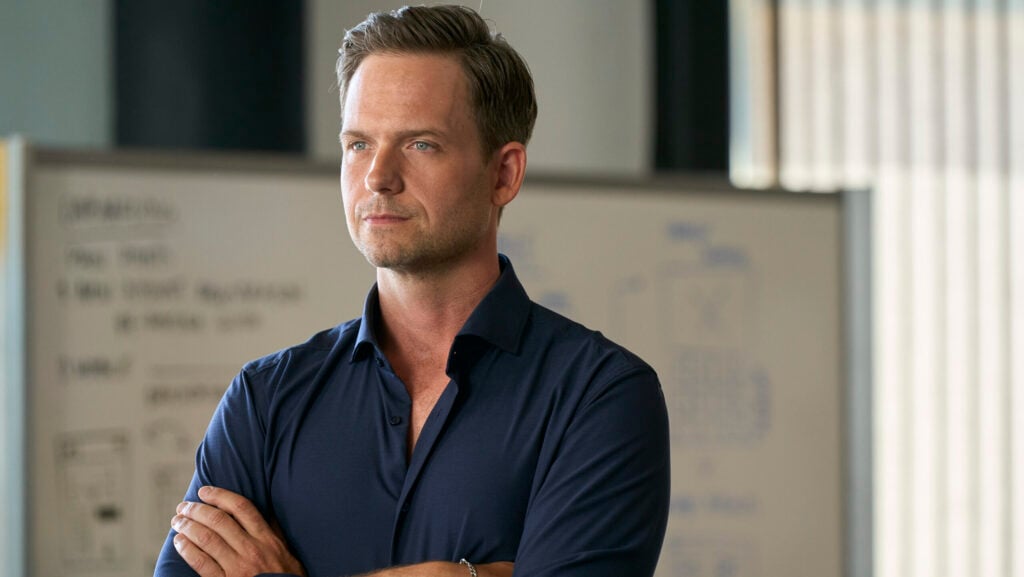
To the very end, I still didn’t know for sure whether Pete was a bottom-line guy protecting his own self-interest, genuinely thought he was protecting Marcus or a combination of both.
I liked the line of that. I have ideas about it, but I liked that it was never too super explicit in the script.
I feel that you can never play the bad parts about a person; you have to play the parts they believe. You have to play the parts they think they’re fighting for — the right cause.
For Pete, ultimately, this software is going to do good things. He knows that making a billion dollars will be good for their lives and allow them to do great things with their lives.
So, is it so wrong? We fixed this problem quickly, and you’re [Marcus] overthinking it. Don’t think about it too much. Let it go.
I think Pete has to stay positive and excited about the future, and Marcus is obviously really haunted by this one detail.
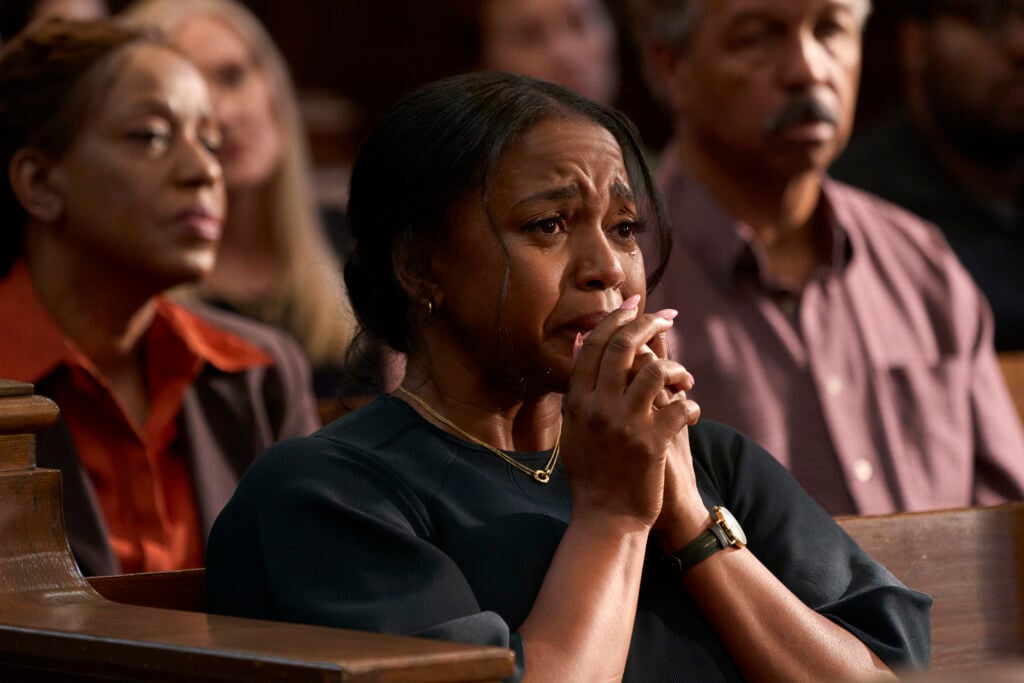
The nuance that Marcus’s own wife came at it from a totally different place but aligned with Pete in a really interesting way was interesting. I love the complexities of this show.
It just plays so well. It’s fun to put yourself in these positions. What would I do? You know something is great when you’re putting yourself in those shoes. That would be really hard if I were Marcus. This would be hard if I were Pete.
I know what I’d want to do, but I also know what I’d be tempted to do. And what does that make me? It forces us to ask a lot of great questions. I think that’s great TV.
Ultimately, the conflict resulted in Pete’s death. Do you think they could have gotten through this if that accident didn’t happen?
Great question. I like to believe anybody can get through anything. It might have changed the fabric of their relationship or the organization, but I don’t know.
Obviously, it’s a sticking point. It’s something Marcus drew a line in the sand that he couldn’t move past. Pete is unwilling to listen to it and really make space for it. I don’t know. It’s a good question.

I like to hope that people can figure it out, but I don’t know if they could have stayed business partners or even friends.
If you could pen and direct an Accused episode, what would you love it to be about? What topic would you love to explore?
Oh my goodness, that is a tough question that deserves a good answer.
I love the exploration of policing and justice and how complicated that is in this moment and in America. That’s an element of this, but maybe I’d love to dive even deeper into that because I think it’s complicated, and there’s no simple answer. Honestly, I would be honored just to direct any episode.
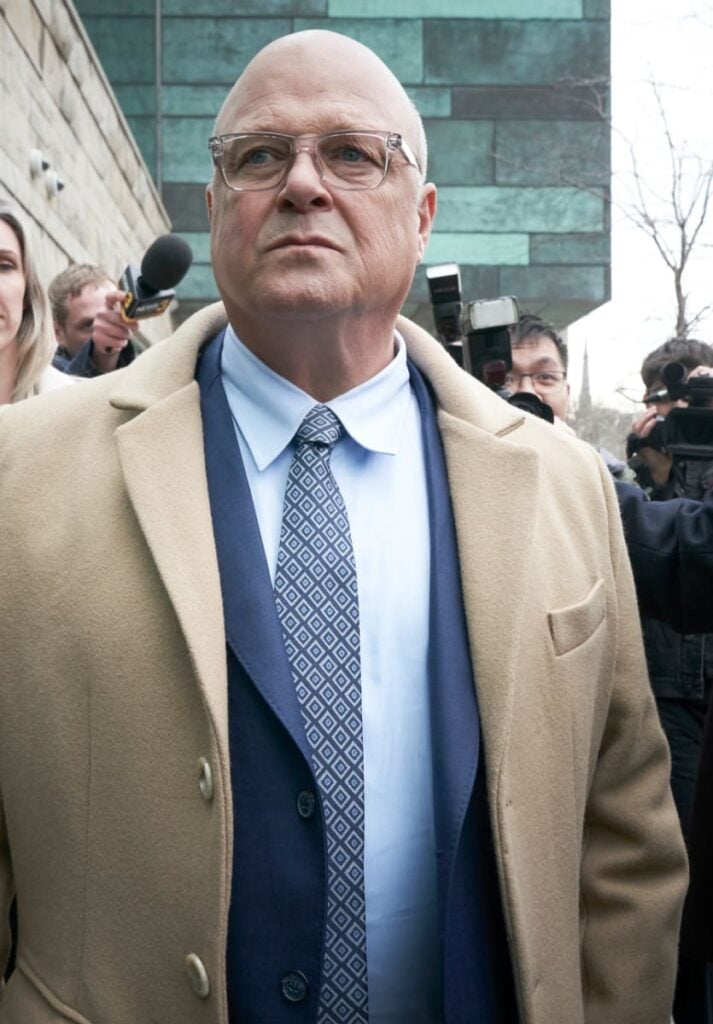
It’s possible! Michael Chiklis returned to direct an episode this season.
Now, this is getting published and out in the world, yes!
It’s an incredible team, and I can tell that as a director, the producers on set, and the producing director, it’s such an amazing supportive team that it would be an incredible place to work as a director.
I know how important it is to have people around you working at the top of their game, so yeah, it’s a dream job for sure.
Thanks for putting it out there!

Well, Accused is a conversation starter series. What conversations do you hope people will initiate after watching this episode?
I think this concept of how far you can push a friendship is really interesting to me.
Maybe people come away from this episode looking at their own relationships and places where they’ve allowed behavior or things to be said or done that they shouldn’t. Maybe people will ask: “Why am I letting that person get away with that? How do I talk to them about it?”
I wish these two guys had sorted it out a little bit differently than they do in the show, but maybe it’s a bit of a cautionary tale.
Don’t let things get this far. Look at the people in your life and find a way to have an honest conversation about what isn’t working for you anymore.
But yeah, I mean, friendships can be hard. All relationships can be hard. I love that this is about a really old friendship bent beyond its capacity.
This interview has been edited for length and clarity.
Sound off below, Accused Fanatics!
Watch Accused Online

The post Accused Post-Mortem: Patrick J. Adams Reflects on Cautionary Tale Regarding Toxic Friendships appeared first on TV Fanatic.
Source: TV Fanatic
